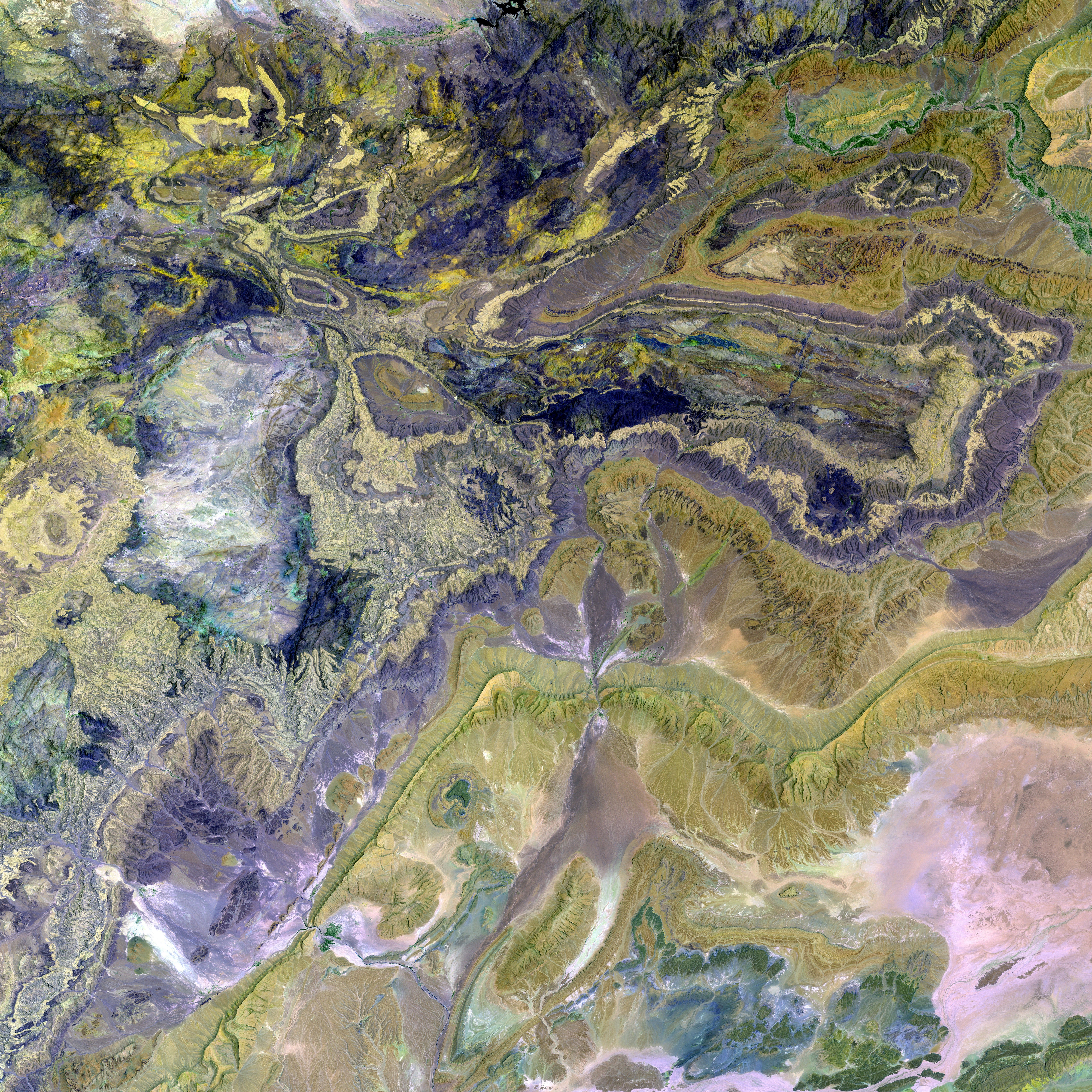Unfiltered Insights: Eric Robertsen's Predictions on Trump's Impact on Fed and ECB
Europe might experience significant impact from a trade war
In an exclusive interview, Eric Robertsen, Chief Strategist of Standard Chartered, shares his take on how Donald Trump's second term might shake up the monetary policies of both the Federal Reserve (Fed) and the European Central Bank (ECB).
Fed Forecasts: Trump's Economic Wagon
- Inflation: Buckle Up, It's Going To Be a Bumpy Ride
Trump's policies may inflate costs for consumers and businesses, escalating inflation in the short term. The Fed, on guard against inflation, might respond by jacking up interest rates and slowing economic growth. But Robertsen predicts they'll tread cautiously, lowering rates to a neutral level, and observing the effects of Trump's policies on inflation, economic growth, and labor market.
- Brace for Impact: Where the Neutral Interest Rate Lies
Robertsen estimates the Fed Funds interest rate range will hover around 3.5 to 3.75% at the end of the cycle.
- Immigration Policy: No Need to Worry Too Much
Trump's strict immigration policy could be more talk than action. While some deportations are imminent, Robertsen doubts the administration will deport millions of migrants, minimizing its impact on the labor market.
ECB Grapples with Trump's Tariff Tug-of-War
- Tariffs: A Game of Tag, but with Stakes
Trump and ECB President Christine Lagarde agree he's open to negotiations on tariffs. Robertsen cites Trump's announcement of tariffs against Mexico as a clear example—it's a tactic to pressure countries into stricter border controls and secure military spending and American gas purchases from Europe.
- Trade War: Not a Hollywood Blockbuster You'd Want to Watch
If China or the EU responds with counter-tariffs, an escalation could hurt everyone, particularly Europe. China has the capability to employ a large fiscal stimulus, an option Europe doesn't have. China might also flood Europe with its products, disrupting automobile manufacturing and lowering inflation in the Eurozone.
A Tricky Dollar-Euro Dance
A stronger dollar compared to the euro is possible due to the Fed and ECB’s different monetary policy paths. If this happens, the consequences could vary, depending on whether the ECB tolerates the depreciation or attempts to counteract it.
The EU's Political Storm: Winds of Change
Germany’s and France’s instable political situations, coupled with bleak growth prospects for Europe, have raised concerns. If these issues remain unresolved, the ripple effect could weaken the EU’s economic backbone.
The Wish List for Germany's New Government
Robertsen believes Germany needs to focus on investing in infrastructure and creating a business-friendly environment to spur economic growth. This can be achieved by slashing bureaucracy and encouraging private consumption and investment.
BRICS Ascendancy: The Rise of Dissatisfied Powers
BRICS is an alliance of countries growing weary of the U.S. and Europe's dominance. Organizations like the World Trade Organization (WTO), World Bank, and UN could benefit from reforms that empower the so-called global South, giving them more influence.
The Rising Tide of India
India’s economy is booming, providing beacon of hope for the global economy. Benefitting from a favorable demographic bulge and robust government investment in infrastructure, India's resilience owes to its relatively closed economy, making it less vulnerable to geopolitical conflicts.
China's Economic Prospects: Riding the Tide of Deflation
The Chinese government faces deflationary pressures due to a struggling real estate market accounting for over 20% of its GDP. The government's stimulus packages might not be enough to overcome deflation risks, necessitating further intervention to boost consumption and credit demand.
In summary, Donald Trump's second term could bring a wave of changes that ripple through the global economy, impacting the monetary policies of both the Fed and ECB. Investors and policymakers will need to keep a close eye on these interactions to navigate the turbulent waters of the world economy.
- The unpredictable immigration policy of Trump's administration might have a minimal impact on the labor market, as Robertsen doubts the mass deportation of millions of migrants will occur.
- The potential tariff war between Trump and Europe, if not resolved through negotiation, could negatively impact Europe, particularly the automobile manufacturing sector, and potentially lower inflation in the Eurozone.




